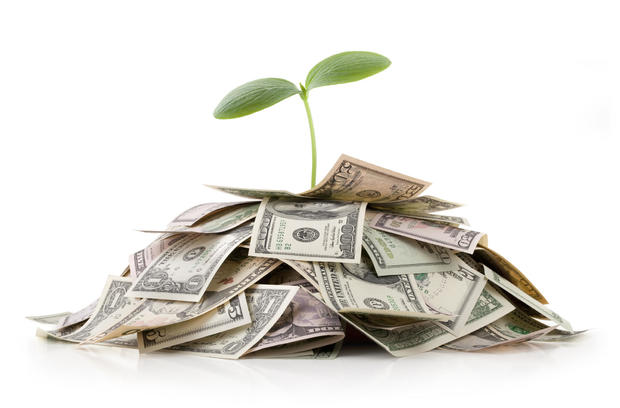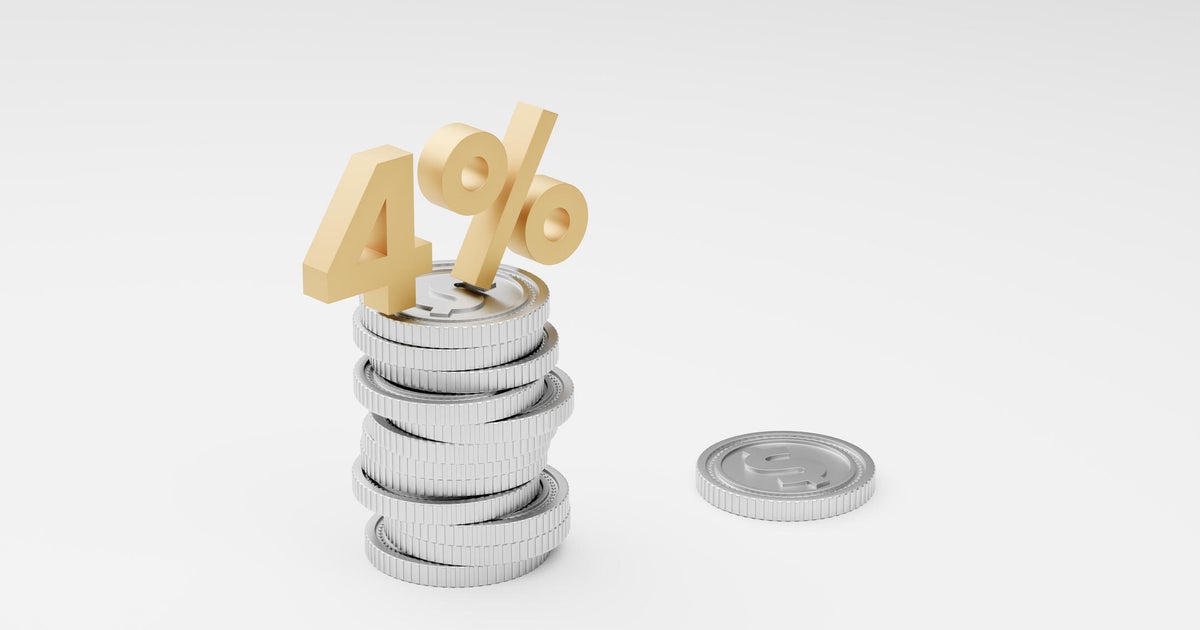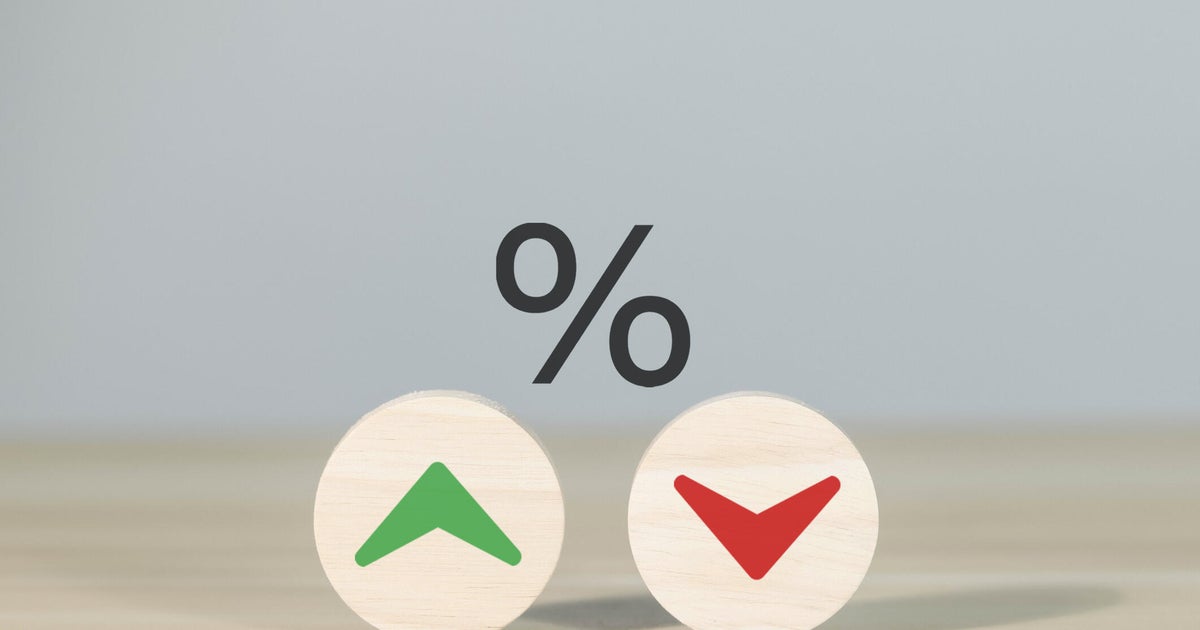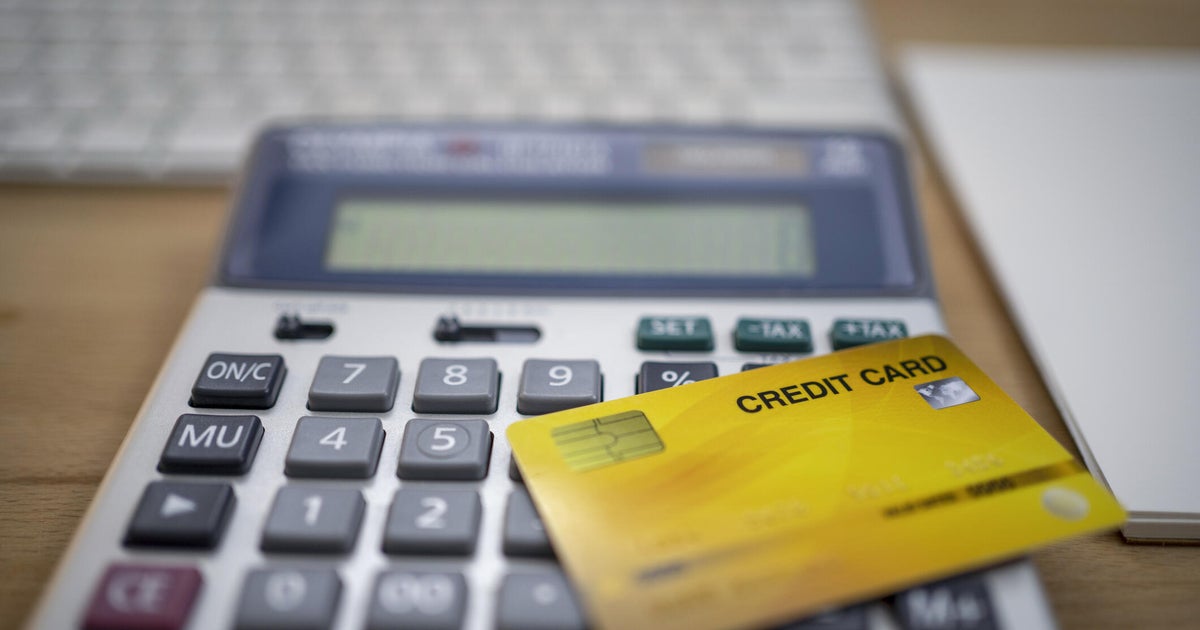Here's how much you could make by depositing $1,000 into a high-yield savings account
Interest rates are the highest they've been in 22 years and the forecast for relief is unclear. While higher rates make borrowing for everything from mortgages to credit cards more expensive, these elevated rates have had a major silver lining: the returns savers can get on their bank deposits.
In particular, the rates on high-yield savings and certificates of deposit accounts are exponentially higher than they were just a few years ago. In short, if depositors elect to keep their money in a regular savings account they're losing money. But how much money are they losing, exactly? And, more importantly, how much more could savers be making by moving their money into a high-yield savings account instead?
How much you could make by depositing $1,000 into a high-yield savings account
Before depositing any money into a high-yield savings account you should first shop around and compare all of your options. Different banks and lenders offer different rates and terms with online banks generally providing the highest rates. Interest rates on regular accounts, according to the FDIC, are around 0.43% currently. Rates on high-yield savings accounts, however, are many times that figure with a range of 4.00% to around 5.00%. Let's look at how much you could make by depositing $1,000 into accounts with various ranges:
- After one year with a regular account at 0.43%: $1,004.30
- After one year with a high-yield account at 4.50%: $1,045.00
- After one year with a high-yield account at 5.00%: $1,050.00
The above figures don't take any compound interest into account but they also don't factor in any changes to the rate. Rates on high-yield savings accounts are variable, meaning that they will rise or fall based on the Fed activity and any larger economic factors. That all being said, the more you deposit the more you'll make. Here's how much you would make by depositing $5,000 instead:
- After one year with a regular account at 0.43%: $5,021.50
- After one year with a high-yield account at 4.50%: $5,225.00
- After one year with a high-yield account at 5.00%: $5,250.00
Again, the key here is to shop around for rates in order to get the greatest return on your deposit. The higher the rate and the more you save the more you'll grow your bottom line. Start earning more money with a high-yield savings account here now.
Don't discount CDs, either
CDs are also offering higher than usual returns on deposits, so don't discount the benefits of opening one of these types of accounts. Interest rates on CDs are comparable to high-yield accounts although you may be able to find something slightly higher, particularly if you're willing to open a short-term CD in today's market. Just remember that CDs are locked for the full term, so you'll need to pay a penalty (often the interest accumulated to date) if you withdraw your funds early. At the same time, rates on CDs are locked in for the full term so if the rate environment changes during your term and rates tick down your money will still be earning interest at that higher figure.
Learn more about your CD options here now.
The bottom line
High-yield savings accounts offer savers an easy and effective way to take advantage of higher interest rates. While elevated rates make borrowing more expensive, savers can offset some of those costs by transferring their money from a regular account to a high-yield one, instead. Just be sure to shop around to discover the highest rates and best terms before opening an account - and don't ignore the possibilities a CD can provide in today's climate as well.




